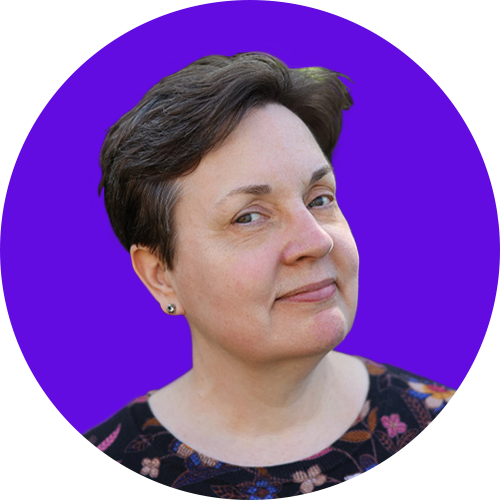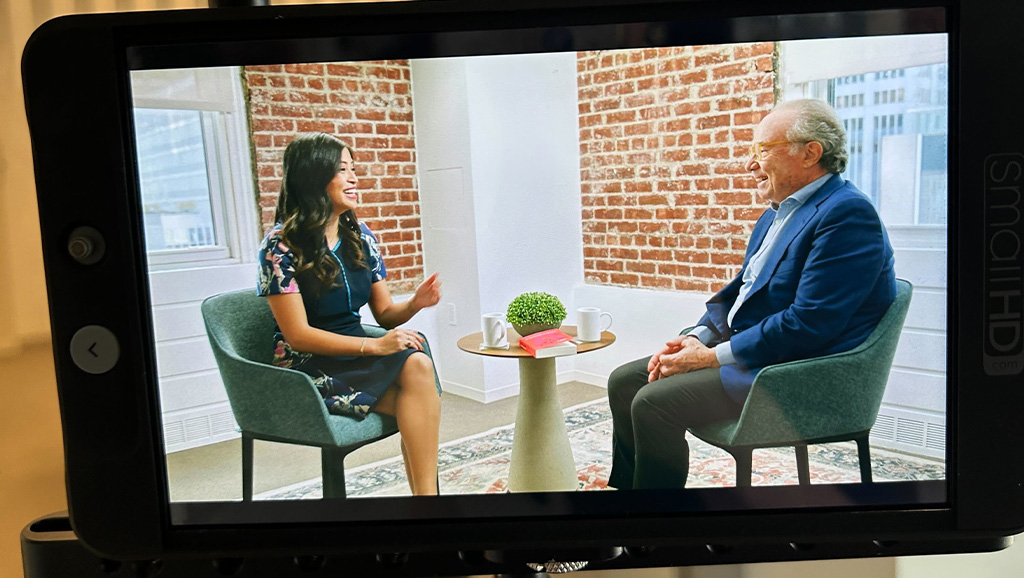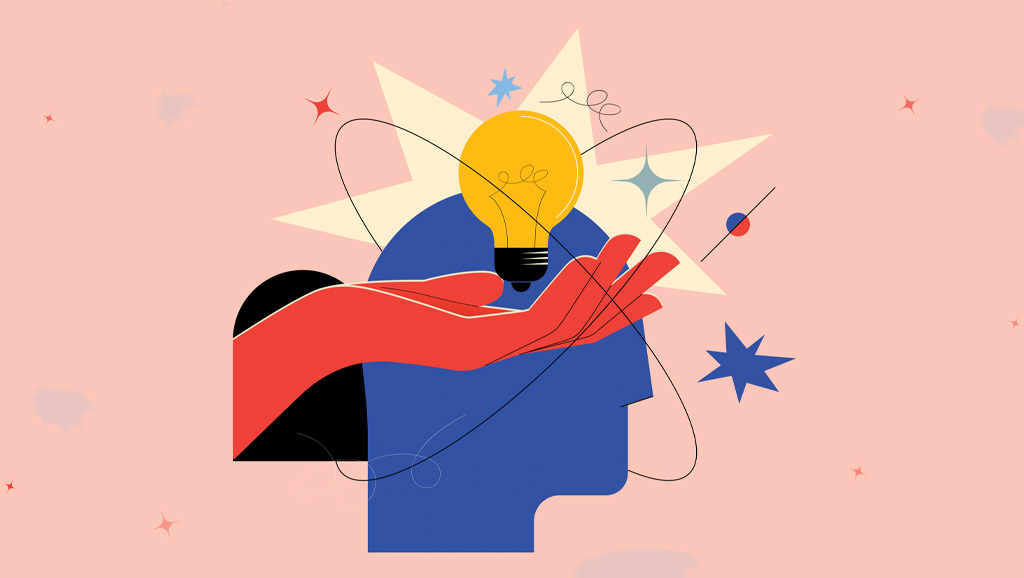News & Insights
Paula Croxson Receives 2017 SfN Science Educator Award
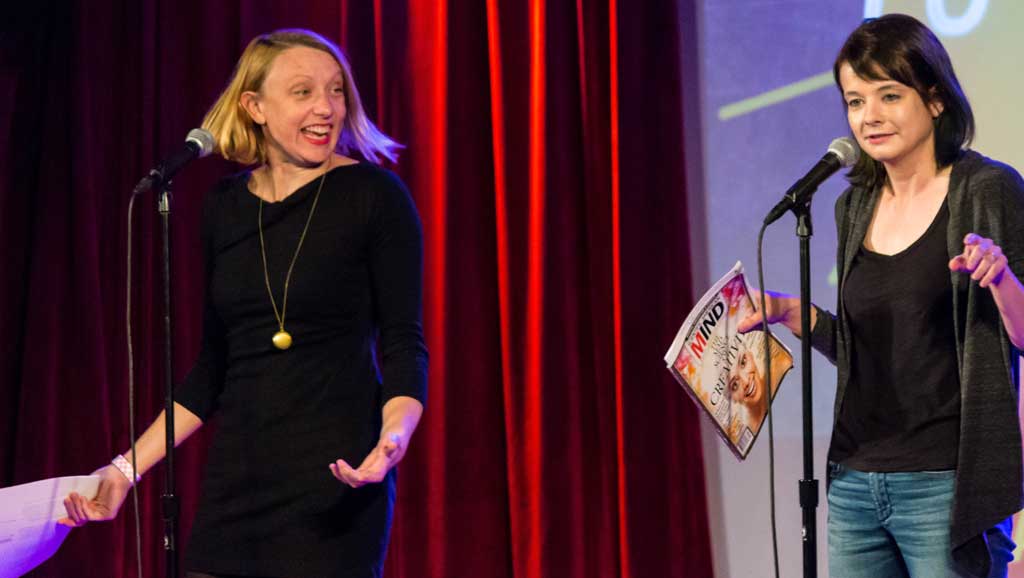
Each year, the Society for Neuroscience recognizes outstanding neuroscientists who have strongly added to public education and awareness about the field. The Dana Foundation sponsors these awards. This year’s award was presented to Paula Croxson, D.Phil., of the Icahn School of Medicine at Mount Sinai, during the society’s annual meeting, in Washington, DC, on Tuesday.
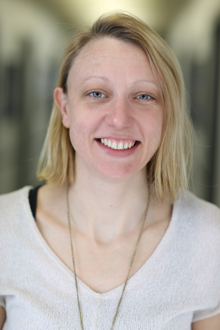
Q: How did you get into doing events like “Pint of Science” gatherings?
Paula Croxson: I started by taking part in Mount Sinai’s outreach program, MINDS, and through that was introduced to others who were taking part in the Dana Foundation’s Brain Awareness Week efforts in New York (BraiNY). My first event was when I told a story for the science storytelling show The Story Collider. I found myself on stage telling a true, personal story about my grandmother’s Alzheimer’s disease and how my own research into memory disorders helped me understand what she went through. It was incredible. I hadn’t imagined what an impact my story would have on other people, and I hadn’t realized how much more connected it would make me feel to the impact my work could have on the world. It changed my life.
Was it a conscious decision to do a lot of education and outreach, as well as research?
It wasn’t a conscious decision at all – initially it just seemed like a fun thing to do with my spare time. But there’s a strong community of people doing science outreach and education work in New York, and they were asking things like, “Who should be doing this type of work?” and “How important is it?” I realized that these were really good questions, and that it’s incredibly important for those of us who are able to do this to reach out and communicate.
What is most satisfying about connecting to people this way? What was most surprising?
I was surprised that I had anything to offer, to be honest. I thought that no one would care about my research, and that I didn’t have a particularly interesting life, so why would anyone want to listen to me? I realized that I couldn’t be more wrong! The most important thing I learned is that it’s not enough for me just to get up there and talk – I have to be entertaining. People have chosen to spend their valuable spare time listening to me, after all! But that is also the most satisfying thing, because it makes this work so fun.
How important is it to you to do outreach now?
It’s essential. I describe myself as a “scientist and science communicator” now, because I’m dedicated to both. I’m not saying that everyone should do it, but now that I know that I can, I feel compelled to always be involved in science communication and outreach.
Did you have a model or a mentor for this work? Have you any advice for fellow scientists on reaching out?
I have had so many I don’t know where to start. I’m grateful to Kelley Remole, Heather McKellar, and the team at BraiNY for showing me how to get involved. Daniela Schiller, my colleague at Mount Sinai, gave me the courage to get up on stage and tell my story. Ben Lillie, Erin Barker, and Liz Neeley at The Story Collider showed me how to be a compassionate, connected communicator – and they also showed me how to teach others. Ben also provided me with countless opportunities for me to make a fool of myself on stage, which has left me fearless when it comes to putting myself out there.
For scientists who want to get involved, my advice is: find someone you know who does this stuff, and ask them to make a connection for you. Don’t be too fussy about what it is, and remember that you probably aren’t going to get onto NPR immediately. Even if you can affect just one person, you’ve made a real contribution. Or, pitch a story to stories@storycollider.org!
Do you think having support for your communication and outreach work from your professional work is important?
It’s true that the leadership at Mount Sinai are really supportive of me—and that’s amazing. But even if you don’t have support from your colleagues, if you want to get involved, don’t let that stop you. You don’t need to ask permission to do things in your spare time. And you will almost certainly have to do it in your spare time. No one will pay you for it when you start out so do it for the same reasons you do science—it’s fun and it’s important!
